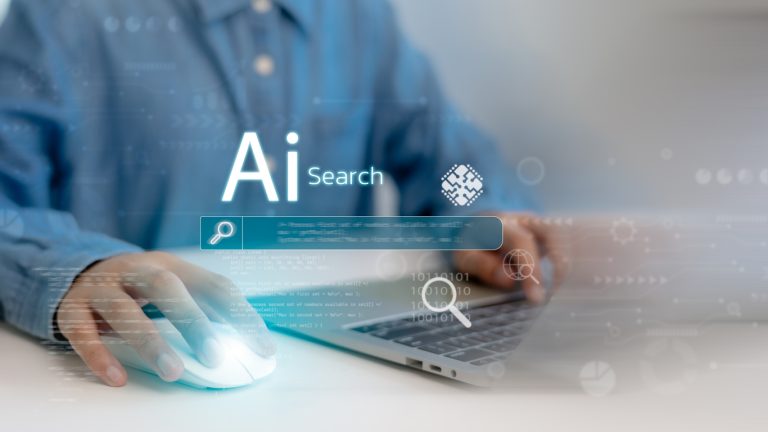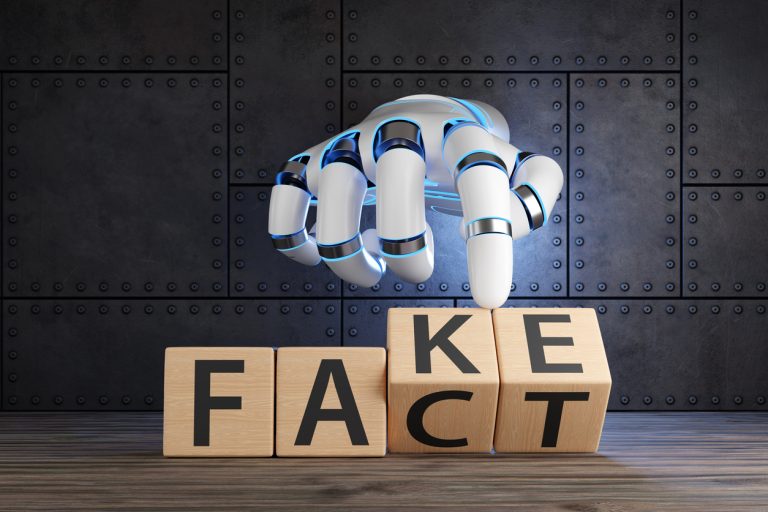The Unseen Cost of Every Click
Every query. Every upload. Every “quick ask” we make of artificial intelligence has a cost — one most leaders never see.
A single request might use only a few bottles of water and a flicker of power, but multiply that across billions of daily interactions and the numbers become staggering.
Behind the magic of immediacy lies an invisible industrial machine — data centres, cooling systems, power plants — humming relentlessly so the world can stay connected, creative, and “productive.”
This isn’t a story about guilt.
It’s a story about awareness — and what we do once we have it.
Because whether we’re asking a question at home, automating workflows in a business, or scaling AI across entire industries, each of us is part of a chain reaction shaping the planet’s future.
The irony?
We built machines to help us make more informed decisions, but now must prove that we are truly making better-informed and intelligent decisions to use these powerful tools responsibly.
(If you missed the first three blogs in this series — including real-world case studies on AI’s environmental footprint — you can revisit them starting with The Hidden Cost of AI – Part 1.)
A Generation That Sees Through the Illusion
Younger generations are watching with open eyes — and growing scepticism.
They see what many older leaders do not: how a tool designed to assist humanity is increasingly being used to exploit it.
They see:
- Artists’ work being scraped without consent.
- Deepfakes weaponising trust and safety.
- “Innovation” justifying environmental destruction.
- Companies celebrating productivity gains while the planet quietly pays the toll.
They’re asking the questions too many avoid:
If we can create such powerful systems, why can’t we design them with integrity?
If we can simulate intelligence, why can’t we demonstrate wisdom?
And perhaps the hardest question of all:
When we say “progress,” who is it truly serving — people, communities, or just profit?
The Leadership Mirror
Let’s be honest: AI isn’t the first time we’ve been here.
History is filled with moments where innovation outpaced conscience — where industries chased progress and left people, ethics, and ecosystems to pick up the pieces.
We saw it with industrialisation.
With the World Wide Web.
With social media.
With cybersecurity.
Each time, we built faster than we thought — and managed later, when the damage was already done.
Leaders today recognise this pattern all too well: bold innovation followed by scandal, regulation, and rebuilding.
But what makes this moment different is scale.
AI — and soon, quantum computing — aren’t confined to one sector.
They’re embedded in the fabric of everything — powering decisions, policies, profits, even perceptions of truth itself.
The question is no longer “Can we build it?”
It’s “Can we sustain it — ethically, environmentally, and humanly?”
The Price of Permission
We didn’t lose control overnight.
We handed it away — one click, one convenience, one unchallenged term of service at a time.
We accepted “free” digital services without asking who pays the hidden cost.
We applauded automation while ignoring the energy surge behind it.
We surrendered data in exchange for convenience and outsourced accountability to regulators, markets, and “someone else.”
But leadership doesn’t outsource responsibility — or accountability.
It owns it.
Every leader today — from the boardroom to the front line — must decide what kind of intelligence they are building into their organisation.
Not just artificial, but responsible intelligence: grounded in values, transparency, and courage.
Because what we permit today will define what we inherit tomorrow.
The Exploitation We Don’t Talk About
Let’s be clear — this isn’t just about technology. It’s about mindset.
We’re living in a culture of consumption disguised as creation.
AI has made it easier than ever to produce content, automate tasks, and amplify output — but in doing so, we risk losing the very essence of human contribution: discernment, curiosity, and connection.
And while the world celebrates “efficiency,” the environmental footprint grows — thousands of new data centres across water-scarce regions, billions of litres drawn from lakes, and energy demand soaring beyond national grids.
The exploitation isn’t just digital. It’s physical.
And the longer we ignore it, the more disconnected our version of “progress” becomes from the world it’s meant to serve.
(In Part 2 of this series, The Global Reckoning, we explored how this is already reshaping communities from Ireland to Arizona to Australia — real warnings for leaders everywhere.)
The Risk Rebel Declaration for Responsible Intelligence
This isn’t about rejecting AI. It’s about redefining our relationship with it.
Because intelligence without responsibility isn’t progress — it’s peril.
We, the Risk Rebels, stand for Responsible Intelligence — where courage and conscience drive innovation.
That means:
- Building systems that protect as well as create.
- Designing for transparency, consent, and accountability.
- Measuring success not only by profit but by impact.
- Demanding environmental stewardship as part of digital transformation.
- Championing fairness, inclusion, and truth in how intelligence is applied.
- Leading by example — proving that technology can evolve without exploitation.
Responsible intelligence doesn’t slow progress. It refines it.
It reminds us that the goal was never faster — it was always better.
A Call to Courage
This is where leadership is tested — not in the speed of adoption, but in the strength of conviction.
Courage means asking:
- Will this decision protect as well as create?
- Will it serve not just shareholders, but citizens, communities, and ecosystems?
- Will the story told about our leadership decades from now be one of foresight — or of short-sighted gain at irreversible cost?
Because leadership isn’t measured by how much we build — it’s measured by what we safeguard while we build.
And let’s be clear: the decisions made today won’t just define organisations.
They will define the legacy our children inherit.
That is the real test of leadership.
Progress without responsibility always leaves a toll.
But with courage, we can choose a different path — one that protects while it creates, connects while it innovates, and sustains while it transforms.
If risk starts and ends with people — then so must progress.
Risk Rebels, what say you?




